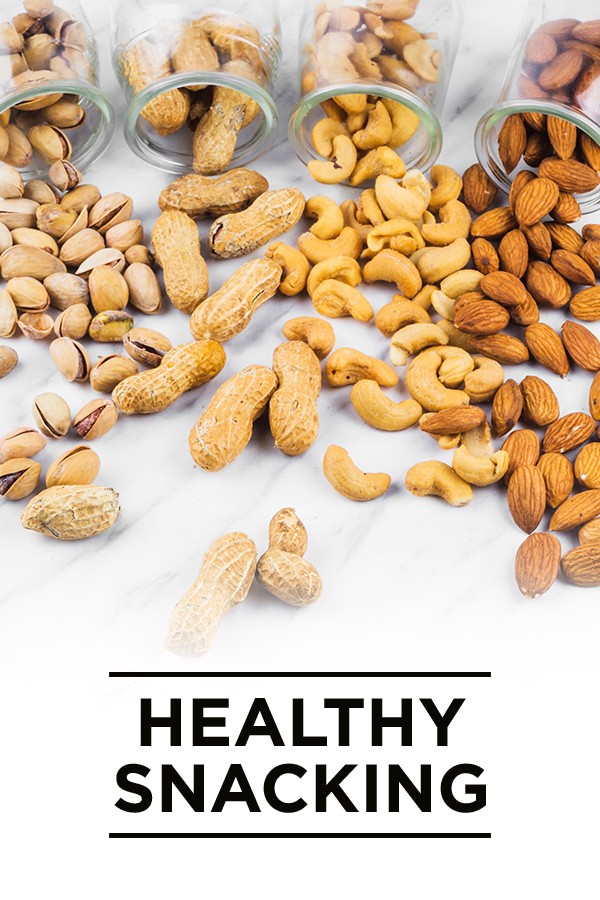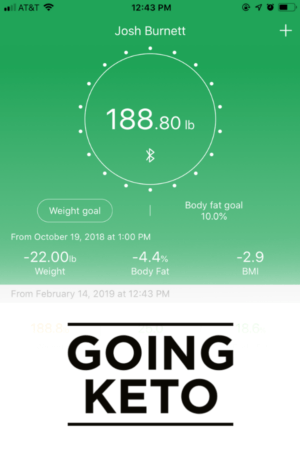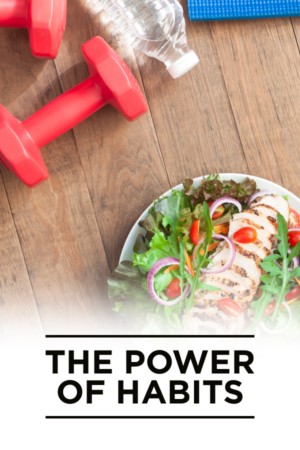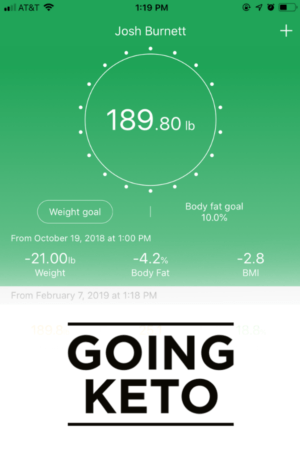Snacking can make or break a diet. Because the portions seem so small, we deceive ourselves into thinking we’re consuming less than we actually are. There’s nothing wrong with snacking, but it needs to be planned, controlled, and consistent.
Planning your snacks
Snacking should never be a spur of the moment kind of thing, simply because it’s one of those things that goes to the extremes. If you decide to have one unplanned snack, what’s to keep that from turning into three throughout the day? If you maintain complete control, however, you know you’ll never consume food that you hadn’t planned.
Don’t take that to mean snacking is bad, however! Consuming smaller amounts of food throughout the day is important, and can even be vital to your diet. If you’re practicing intermittent fasting, snacking becomes crucial so you can get all of your calories and macros in during the designated feeding window. You just need to make sure that everything you eat and drink is intentional.
When you create your meal plan, calculate how many calories you’ll dedicate to snacks and what kind of food they’ll be. Just saying “I’ll have one snack in the mid-afternoon” isn’t going to help if you’re randomly grabbing food from the office vending machine.
Controlling your snacks
Once you’ve calculated your macros and calories, decide what you’re going to eat and prep it beforehand. Your menu choices don’t have to be boring on keto; in fact, it’s quite the contrary! Here are 30 easy-prep ideas to get you started.
OK, you’ve got your calories, macros, and snacks planned, and you know what you’re going to eat. The next thing to decide is when you’re going to eat it. This tends to be more of a struggle in the first three weeks of keto, before you become entirely fat-adapted. You might experience urges, cravings, and hunger pangs that drive you toward old habits.
The next step is deciding when you’re going to eat. Self-control is crucial here. Keep in mind that your body is likely telling you something other than “FEED ME!” It might be saying that you need to drink more water; since both hunger and thirst are interpreted similarly by the brain, you’ll only truly know you’re hungry if you’re hydrated. Keep up with your water intake, and you’ll be able to clue into actual hunger pangs more accurately.
Remember that you’re not going to starve and waiting until your next scheduled food break isn’t going to kill you. As your body becomes more efficient at ketosis, these cravings will decrease steadily, making it easier to incorporate snacks as an intentional cornerstone of your meal plan. You don’t have to be fanatical about this (“I can’t eat until 2:21 pm and then I have exactly 5 ½ minutes to consume everything!”), but pick a general time (“I’ll eat my snack between two and three this afternoon”) and stick to it.
Making your snacks consistent
Meal planning is much easier when you approach it with a building blocks mindset. Each portion of food is roughly the same from day to day, allowing you to build habits and be much more predictable in your approach and results.
Once you’ve found a time of day that works for you, make that your snacking window and don’t change it. Consistency is the key to dieting effectively, and developing solid routines and habits is crucial.
I hate feeling guilty, and one of the keys I’ve found to avoid that feeling is to be as intentional as possible. Plan your day and meals, then stick to it. You’ll stumble at first, and that’s OK—just pick yourself back up, learn the lesson you need to, and try again the next day. As long as you’re improving, you’re moving forward!
NUTRITIONAL DISCLAIMER
The content on this website should not be taken as medical advice and you should ALWAYS consult with your doctor before starting any diet or exercise program. We provide nutritional data for our recipes as a courtesy to our readers. We use Total Keto Diet app software to calculate the nutrition and we remove fiber and sugar alcohols, like erythritol, from the total carbohydrate count to get to the net carb count, as they do not affect your blood glucose levels. You should independently calculate nutritional information on your own and not rely on our data. The website or content herein is not intended to cure, prevent, diagnose or treat any disease. This website shall not be liable for adverse reactions or any other outcome resulting from the use of recipes or recommendations on the Website or actions you take as a result. Any action you take is strictly at your own risk.
- The Brain’s Role in Weight Loss - March 11, 2019
- Making Fat Loss EPOC - March 8, 2019
- Overcoming Plateaus - March 6, 2019




